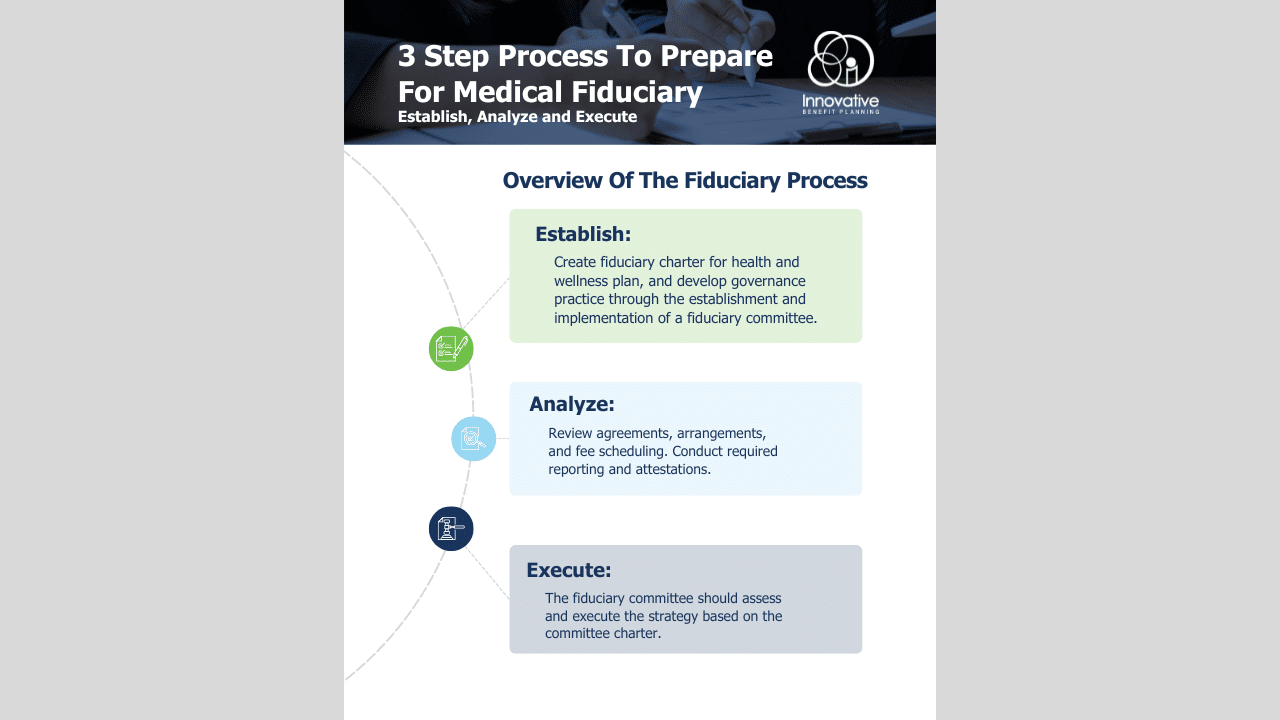Those employers with grandfathered status need to decide if maintaining grandfathered status is their best option for the coming year. Here is a continuation of the questions asked most frequently, and answers, about grandfathering a group health plan.
Q5: How are changes measured?
A5: Changes are measured cumulatively since March 2010. So, for example, if an employer contributed 70 percent of the cost in March 2010, and reduced its share to 68 percent in January 2012, it could again reduce its share, to 65 percent, in January 2015 without losing grandfathered status.
Or, if the deductible was $500 in March 2010 and it was increased to $550 in July 2011, it could be increased to $600 in July 2014 without losing grandfathered status.
Q6: Will violating just one of the requirements forfeit grandfathered status?
A6: Yes.
Q7: What changes may a plan make and keep grandfathered status?
A7: A plan will not lose grandfathered status if it:
- Changes insurers (on or after Nov. 15, 2010) or third party administrators, as long as benefits do not change
- Moves between self-funded and insured status, as long as benefits don’t change
- Makes changes required by law
- Increases benefits
- Makes any change other than a prohibited change (for example, a change to eligibility rules)
- Moves drugs to a different copay tier because the drugs have become generic
- Changes networks
- Passes along premium increases (as long as the increase is essentially shared pro rata)
- Adds new employees or family members to the plan
Q8: If an employer offers several plan options, can it keep grandfathered status for some plans even if it has lost it for others?
A8: Yes, it can. So, for instance, an employer could have a grandfathered PPO option and a non-grandfathered HMO option.
Q9: Can an employer add tiers without losing grandfathered status?
A9: Yes it can, as long as it maintains its contribution level for all tiers at the required level. For example, if the employer offered a 2-tier plan and paid 90 percent of the cost of employee-only coverage and 75 percent of the cost of family coverage in March 2010, it could move to 4 tiers in March 2014 without losing grandfathered status as long as it paid at least 85 percent of the cost of employee-only coverage and at least 70 percent of the cost of employee plus spouse, employee plus children and family coverage.
Q10: Can an employer add a wellness program without losing grandfathered status?
A10: An employer can add a wellness program without losing grandfathered status, but needs to take care to make sure it maintains contributions and benefits at the needed levels. (Wellness plans do not have special rules that would give them extra latitude.)
Q11: If an employer loses grandfathered status, can it get it back?
A11: With the exception of a transition period in 2010, a plan that loses grandfathered status, even inadvertently, cannot get it back. This seems to include losing status because the required notice was not provided.
Q12: What happens if a plan loses grandfathered status?
A12: The plan must comply with all of the requirements that apply to non-grandfathered plans as of the effective date of the change that caused the loss of status. So, for example, if the plan is amended to increase the coinsurance level effective Jan. 1, 2014 but the amendment isn’t signed until Feb. 6, 2014, grandfathered status is lost as of Jan. 1, 2014.
Q13: Are there special rules for bargained plans?
A13: A fully-insured plan maintained under one or more collective bargaining agreements ratified before March 23, 2010 may remain a grandfathered plan at least until the date on which the last agreement relating to the coverage that was in effect on March 23, 2010 terminates. (Self-insured plans maintained under a collective bargaining agreement are not eligible for this collectively bargained exception.) After the date on which the last of the collective bargaining agreements terminates, the usual rules for maintaining grandfather status apply – the current terms of the plan are compared to the terms that were in effect on March 23, 2010.
Q14: Should a plan keep grandfathered status for 2014?
A14: Whether to keep grandfathered status for 2014 is the plan sponsor’s decision. Typically, the employers most interested in maintaining grandfathered status are those who:
- Want to retain an out-of-pocket limit above $6,350/12,700
- Have religious objections to covering contraception
- Have carve-out plans for executives
- Are in the small group market and wish to avoid the insurance market changes (essential health benefits, cost-sharing limits, metal levels and modified community rating)
*Medical inflation is measured by the increase since March 2010 in the overall medical care component of the Consumer Price Index for All Urban Consumers (CPI-U).











